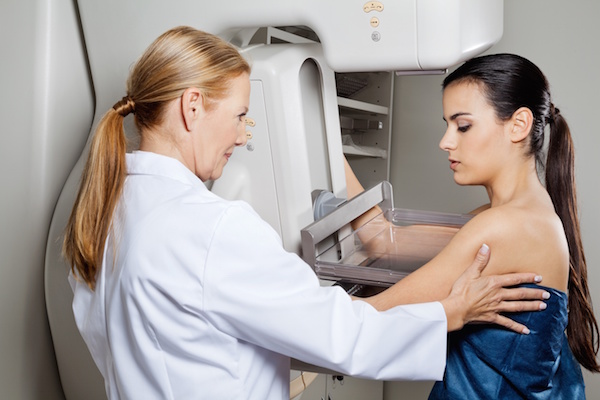
WEDNESDAY, Sept. 29 (HealthDay News) — Seeking to increase screenings for colorectal cancer, scientists say they have developed an inexpensive and effective method that uses less than one milliliter (mL) of a patient’s blood.
In trials, the new approach — referred to as a microRNA — has successfully detected disease in patients already diagnosed with colorectal cancer.
Next, the research team will launch screening tests among a larger group of patients who show symptoms of the disease. These patients will also undergo colonoscopies, which will be used to confirm the new diagnostic tool’s effectiveness.
“Our test has the potential to be safe, cheap, robust, accurate and of little or no inconvenience to the individual, and could, therefore, easily be integrated into national screening programs as part of an annual checkup,” study author Dr. Soren Jensby Nielsen, a scientific manager with Denmark-based Exiqon A/S, said in a news release from the American Association for Cancer Research.
“We envision that this type of miRNA profile, once developed and marketed as a screening kit, can be used to screen entire populations in order to facilitate a focused selection of individuals who should undergo colonoscopy,” Nielsen added.
Nielsen and his colleagues were to present their findings Wednesday in Denver at an American Association for Cancer Research conference.
The authors note that colorectal cancer is the second-leading cause of cancer-related fatalities in developed nations. Early-stage diagnostic methods do exist, and the disease is considered to be curable with surgical intervention, if caught quickly.
But fewer than half of all Americans over the age of 50 undergo the kind of routine colorectal screening currently recommended, Nielsen notes.
He hopes the new approach can help boost screenings and reduce mortality rates.
More information
For more on colorectal cancer, visit the U.S. National Cancer Institute.

